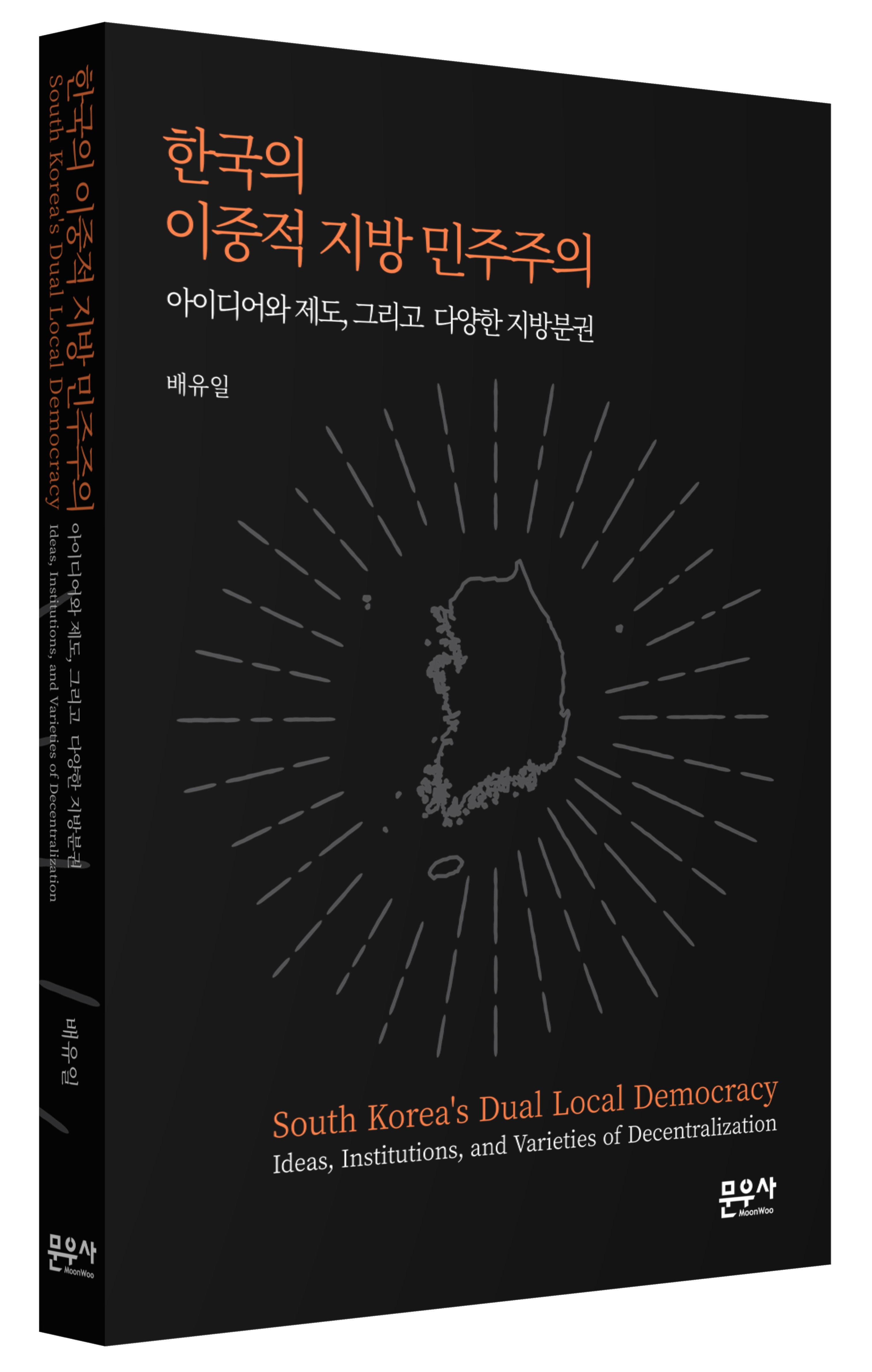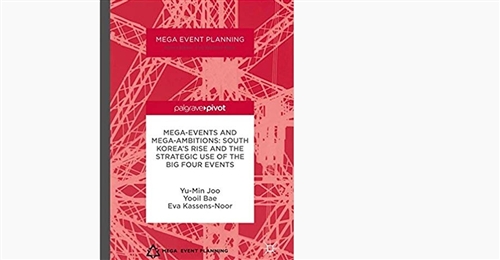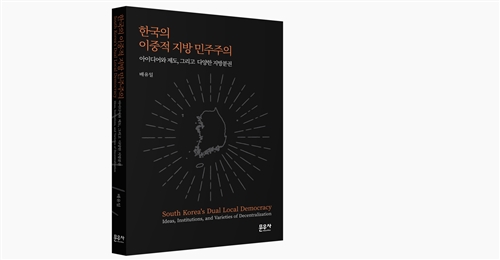South Korea has carried out many forms of decentralization for the past two decades and South Korea's local democracy has improved substantially. However, while S. Korea has relatively well-developed local democratic institutions such as regular elections, executive-legislative divides, recall system, etc. (more Weberian local democracy), actual participation of the citizens is quite low and still elite-based (less Tocquevilian local democracy). Why this happens? This book answer this question by looking at the developmental trajectory of central-local relations from a comparative historical perspective.

Related Articles

Mega events and mega ambitions: South Korea’s rise and the strategic use of the big four events

The Textbook of Business Laws – 5th edition


